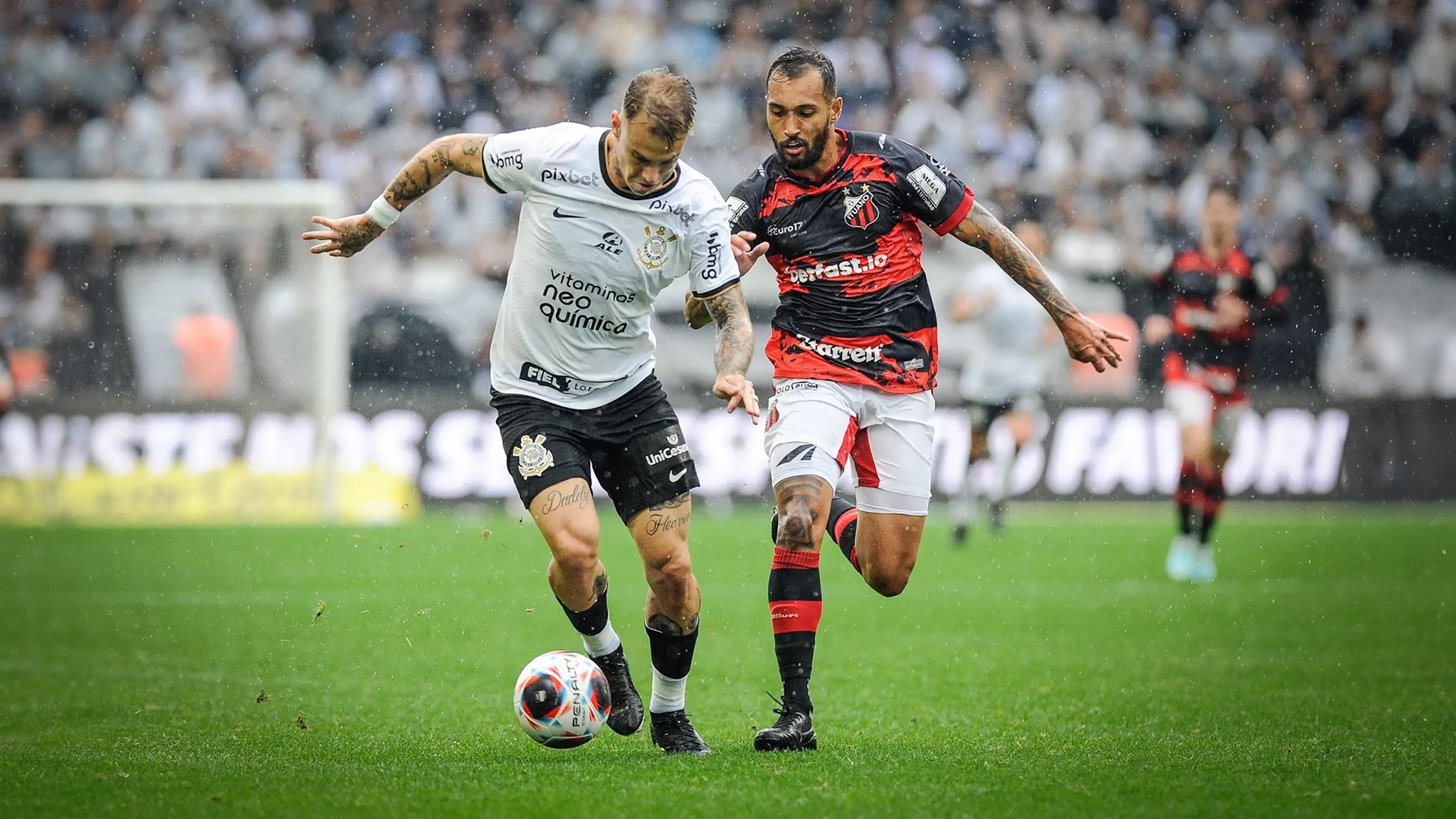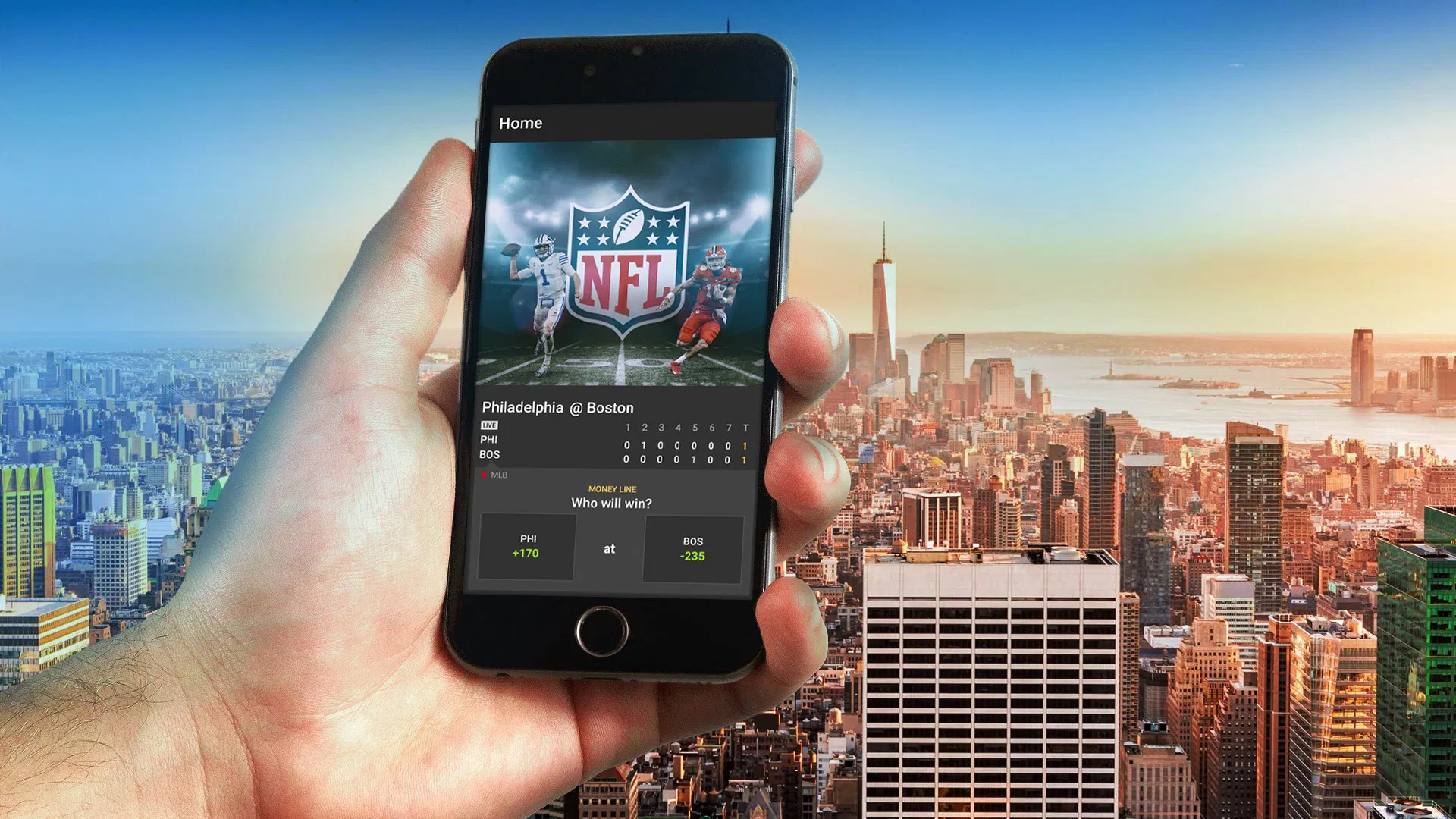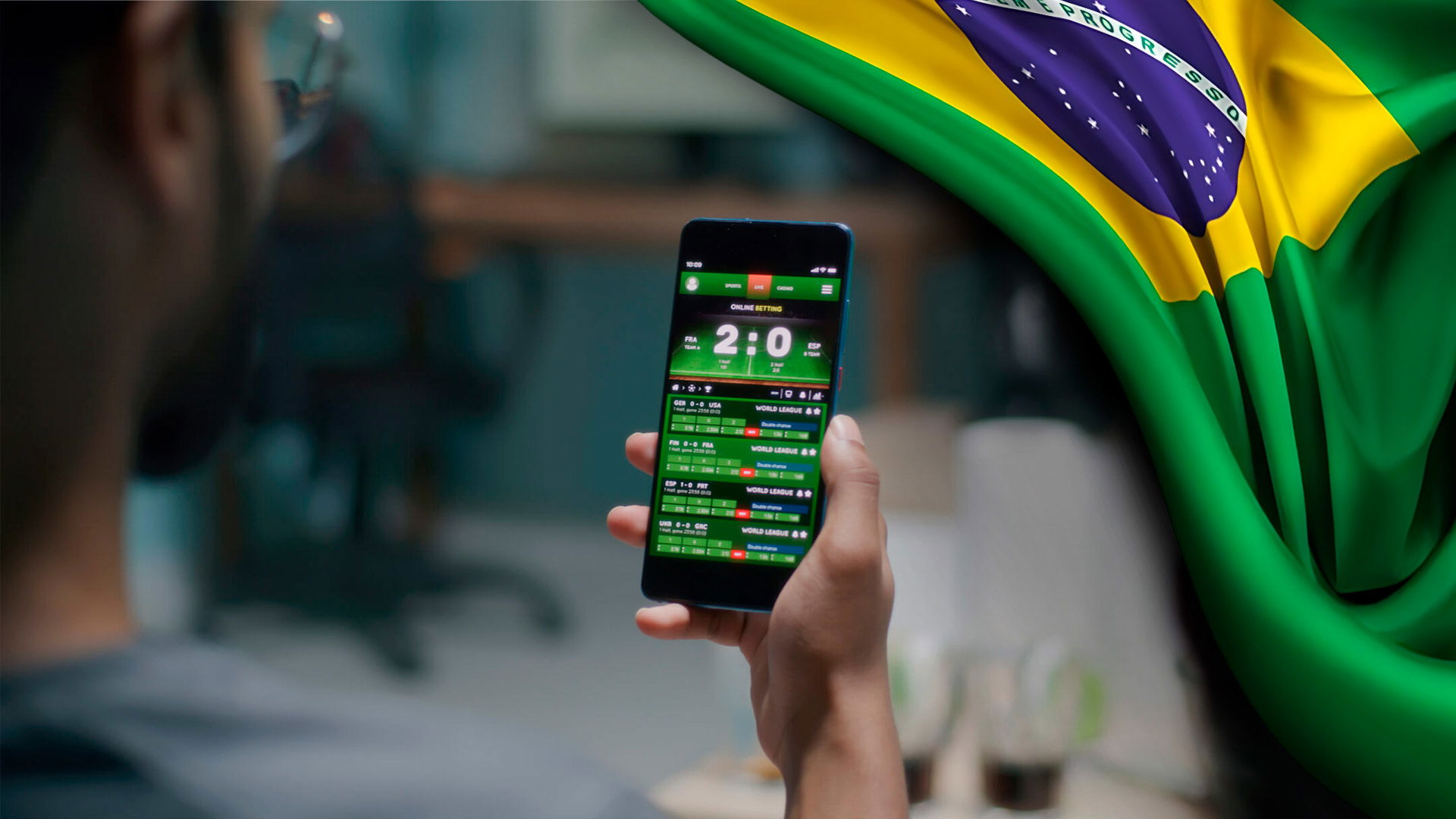Brazil to become world’s fifth-largest online betting market with $4.1B in 2025 revenue, reports BBC

Brazil is set to rank among the top five online betting markets globally, with projected revenues reaching $4.139 billion in 2025, according to data obtained exclusively by BBC News Brasil from Regulus Partners, an international consultancy specializing in the sports and leisure industry. The estimate positions Brazil behind only the United States, the United Kingdom, Italy, and Russia.
The United States is forecast to lead with US$17.312 billion in net revenue, followed by the United Kingdom at $9.901 billion, Italy at $4.617 billion, and Russia at $4.515 billion. Brazil’s emergence in Regulus’s rankings marks the country’s first appearance on the list, showcasing the rapid rise of its regulated betting industry, which only gained formal oversight this year.
The Prizes and Betting Secretariat recently reported that 78 licensed operators in Brazil generated R$17.4 billion ($3.23 billion) in revenue during the first half of 2025 alone. The country’s market, valued at roughly $300 million a decade ago, has grown more than tenfold.
Paul Leyland, partner at Regulus and a specialist in gambling economics, described the surge as remarkable. “The biggest boost came during the COVID-19 lockdowns,” he said, noting that the pandemic accelerated both digital adoption and betting activity.
Analysts attribute the expansion to several structural factors, including widespread digital payment adoption through Pix, a high rate of banking inclusion, and strong consumer familiarity with mobile technology. The industry also benefited from decades of gambling prohibition, which created latent demand, and from extensive marketing campaigns by betting firms eager to capture new users.
From 2018, when sports betting was first legalized, until 2024, when regulation was implemented, companies operated with limited oversight. During this period, firms leveraged behavioral design tools such as reward systems, in-app missions, and push notifications to enhance engagement.
Victor Silva, a researcher at Harvard Kennedy School’s Center for International Development, described Brazil as a “behavioral economics laboratory,” where companies have explored cognitive and social biases on a large scale.
Football remains the centerpiece of Brazil’s betting scene. Eighteen of the 20 Série A clubs are sponsored by betting brands, with the five largest contracts worth over R$500 million ($92.9 million). Betano, sponsor of Flamengo, holds the top deal at R$220 million ($40.9 million), followed by Superbet, Esportes da Sorte, Sportingbet, and H2Bet.
Antonio Forjaz, Entain’s Managing Director for Latin America, said Brazil’s digital infrastructure gives it a competitive edge compared to other Latin American markets. “In Colombia, for example, people make deposits at newsstands or small shops. Here, it’s different — everything is Pix, everything is instant,” he said. “It’s like the U.S. — a high-growth country with strong focus and potential.”
Antonio Forjaz, Entain’s Managing Director for Latin America
Forjaz added that Brazil is now one of Entain’s most important markets. André Gelfi, CEO of the Brazilian Institute for Responsible Gaming (IBJR) and Managing Partner at Betsson, echoed this view, noting that the country’s openness to technology and long gambling ban created ideal conditions for rapid digital adoption.
“Brazil has had an almost total ban on gambling for over 80 years. When a new form of gaming appears on your phone, people say, ‘Wow, that’s amazing! I’ve never seen this before,'” Gelfi said.
Industry observers point out that partnerships with football clubs have not only generated revenue for teams but have also normalized betting within Brazil’s social fabric. Advertising has been equally influential, with betting brands now visible across football jerseys, Carnival boxes, influencer channels, and even public transport.
Silva warned that this normalization carries risks similar to those associated with “temptation goods” like tobacco, citing evidence that welfare recipients have used government assistance funds for betting, prompting a Supreme Court ruling restricting such transfers.
Regulation of advertising remains a contentious issue. Current rules prohibit ads aimed at minors, but a bill passed by the Senate in May 2025 seeks tighter controls, including bans on the use of athletes, celebrities, and influencers in promotions. The proposal is now under review in the House of Representatives.
Betting sponsorships have played a vital role in football’s financial recovery. “If you remove betting from football, you might see fewer logos — but clubs will clearly lose a vital source of funding for their growth,” Forjaz said.
Gelfi argues that limiting advertising too soon could hinder the transition from unregulated to legal operators. “There’s still a huge illegal market. Advertising helps channel demand toward legal, registered companies,” he said. Forjaz agreed, stressing that the illegal market lacks essential safeguards.

















